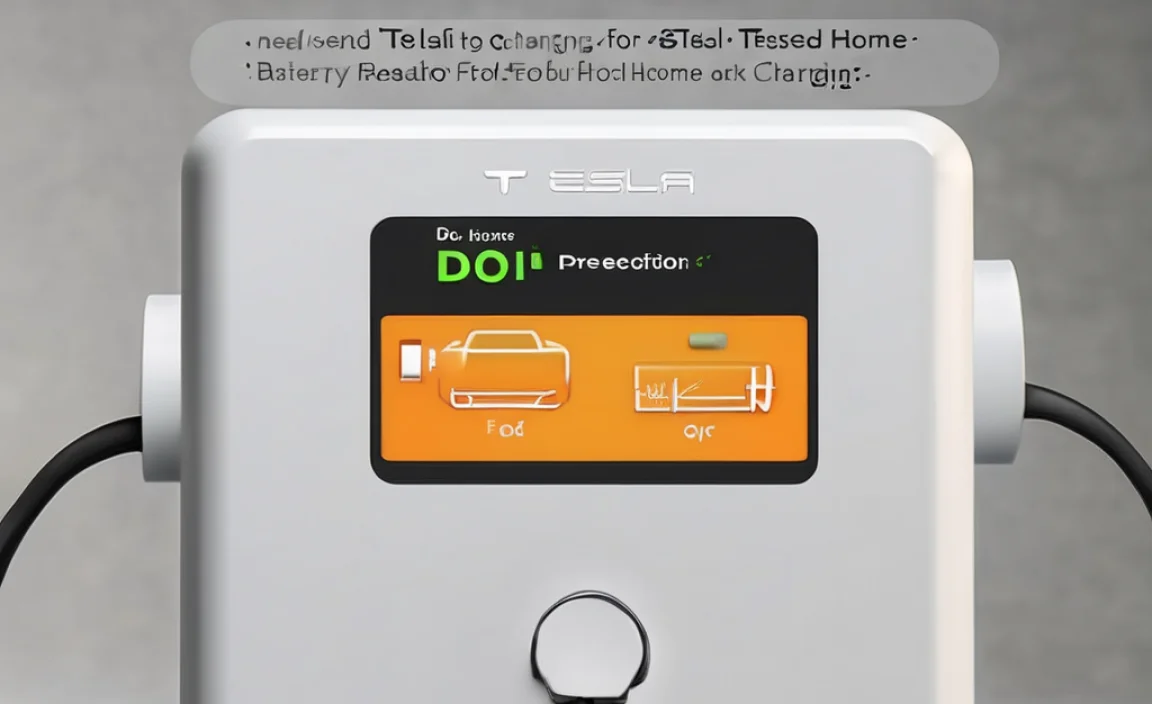Batteries for security systems are the unsung heroes of your home and business protection. These crucial components ensure that your alarms, sensors, and cameras remain operational 24/7, even when the power grid falters. Choosing the right batteries for security systems is not just about picking up any pack off the shelf; it’s about selecting reliable power sources that offer longevity, consistent performance, and the peace of mind that your safety isn’t compromised. In a world where power outages, technical glitches, or even deliberate tampering can occur, the dependable function of your security hardware hinges entirely on the quality of its battery backup.
The landscape of security system batteries can seem daunting, with a variety of chemistries, sizes, and brands vying for your attention. Understanding the nuances between different battery types and what to look for in a reputable brand can significantly enhance the effectiveness and lifespan of your security infrastructure. This guide will delve into the essential aspects of selecting the best and most reliable batteries for security systems, empowering you to make informed decisions that prioritize safety and security.
The Importance of Reliable Batteries in Your Security System
A security system is only as strong as its weakest link, and a dead battery is a particularly insidious vulnerability. Without a consistent power source, your motion detectors might not trigger, your door and window sensors could remain silent, and your surveillance cameras could go offline, leaving you exposed. This is especially critical during emergencies. Imagine a scenario where a fire alarm needs to signal, or a burglar trips a sensor – if the battery is depleted, these vital alerts will never reach you or the authorities. Beyond immediate threats, consistent battery power also ensures that routine system checks and remote access capabilities function as intended. A low battery might send a warning, but a completely dead one offers no recourse. Therefore, investing in high-quality, reliable batteries for security systems isn’t an expense; it’s an investment in uninterrupted protection.
Types of Batteries Commonly Used in Security Systems
Understanding the different battery chemistries is the first step in making an informed choice. The most prevalent types of batteries for security systems include:
Alkaline Batteries: These are the most common and cost-effective option. You’ll find them in many smaller, less power-intensive devices like wireless sensors or remote controls. While affordable, they have a shorter lifespan and their performance can degrade in extreme temperatures. They are generally single-use.
Lithium Batteries: Lithium batteries, particularly lithium-ion (rechargeable) and primary lithium (non-rechargeable), offer superior performance. Primary lithium batteries (e.g., CR123A) boast a long shelf life, excellent performance in a wide temperature range, and high energy density. They are a top choice for critical components like motion sensors, smoke detectors, and backup power for central alarm panels. Rechargeable lithium-ion batteries are increasingly used in high-drain devices like IP cameras, offering a more sustainable and potentially cost-effective long-term solution if the system involves frequent recharging.
Sealed Lead-Acid (SLA) Batteries: These are typically used as backup power for the main control panel of more robust security systems. They are rechargeable, relatively inexpensive, and can provide significant power for extended periods, ensuring your system remains operational during power outages. However, they are heavier and can be susceptible to damage if not maintained properly.
The specific type of battery required will depend on the demands of each individual component within your security system. Always consult your system’s manual for precise battery specifications to ensure compatibility and optimal performance.
Key Factors to Consider When Choosing Batteries for Security Systems
When you’re on the hunt for the best batteries for security systems, several factors should guide your decision beyond just price:
Brand Reputation and Reliability: Stick with well-established brands known for their quality control and consistent performance. Companies with a long history in battery manufacturing often have more advanced technology and rigorous testing processes. Look for brands that specifically cater to electronic devices or critical applications.
Battery Life and Shelf Life: Consider how long the battery is expected to last in your specific application. High-drain devices will deplete batteries faster. Also, check the “best by” date or manufacturing date. Old stock batteries will not perform optimally, regardless of their type. For critical backup systems, a long shelf life is paramount.
Temperature Tolerance: Security system components can be exposed to a range of temperatures, from scorching attics to freezing garages. Some battery chemistries, like alkaline, perform poorly outside of moderate temperatures. Lithium batteries generally offer superior performance across a wider temperature spectrum.
Capacity and Voltage: Ensure the replacement batteries match the voltage and capacity (measured in milliampere-hours or mAh) of the original batteries. Mismatched voltage can damage your device, and insufficient capacity will lead to premature failure.
Safety Certifications: Look for batteries that meet relevant safety standards and certifications. This indicates they have undergone testing to ensure they are safe to use and won’t pose a risk of leakage or explosion.
Maintaining Your Batteries for Optimal Security System Performance
Even the best batteries for security systems require some attention to function optimally. Regular checks are essential:
Scheduled Replacement: Don’t wait for a low battery warning. Implement a schedule for replacing batteries, especially in critical components. For backup SLA batteries, manufacturers usually recommend replacement every 3-5 years, depending on usage and environmental conditions. For sensors, a yearly check or replacement schedule might be appropriate.
Clean Battery Contacts: Corrosion or dust on battery terminals can impede the flow of power. Periodically (when replacing batteries), gently clean the contacts with a pencil eraser or a soft cloth.
Monitor System Alerts: Modern security systems often provide battery status notifications. Pay attention to these alerts and address low battery warnings promptly.
Proper Storage: If you buy batteries in bulk, store them in a cool, dry place away from extreme temperatures and direct sunlight.
By understanding the types of batteries for security systems, considering the crucial factors for selection, and practicing diligent maintenance, you can ensure your security system remains a robust and reliable guardian of your property. The peace of mind that comes with knowing your defenses are always powered is invaluable.


